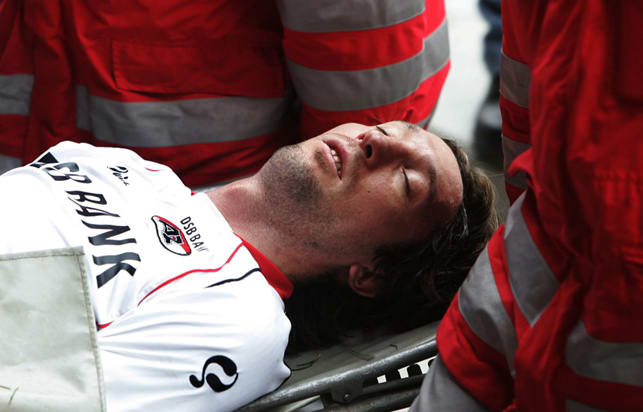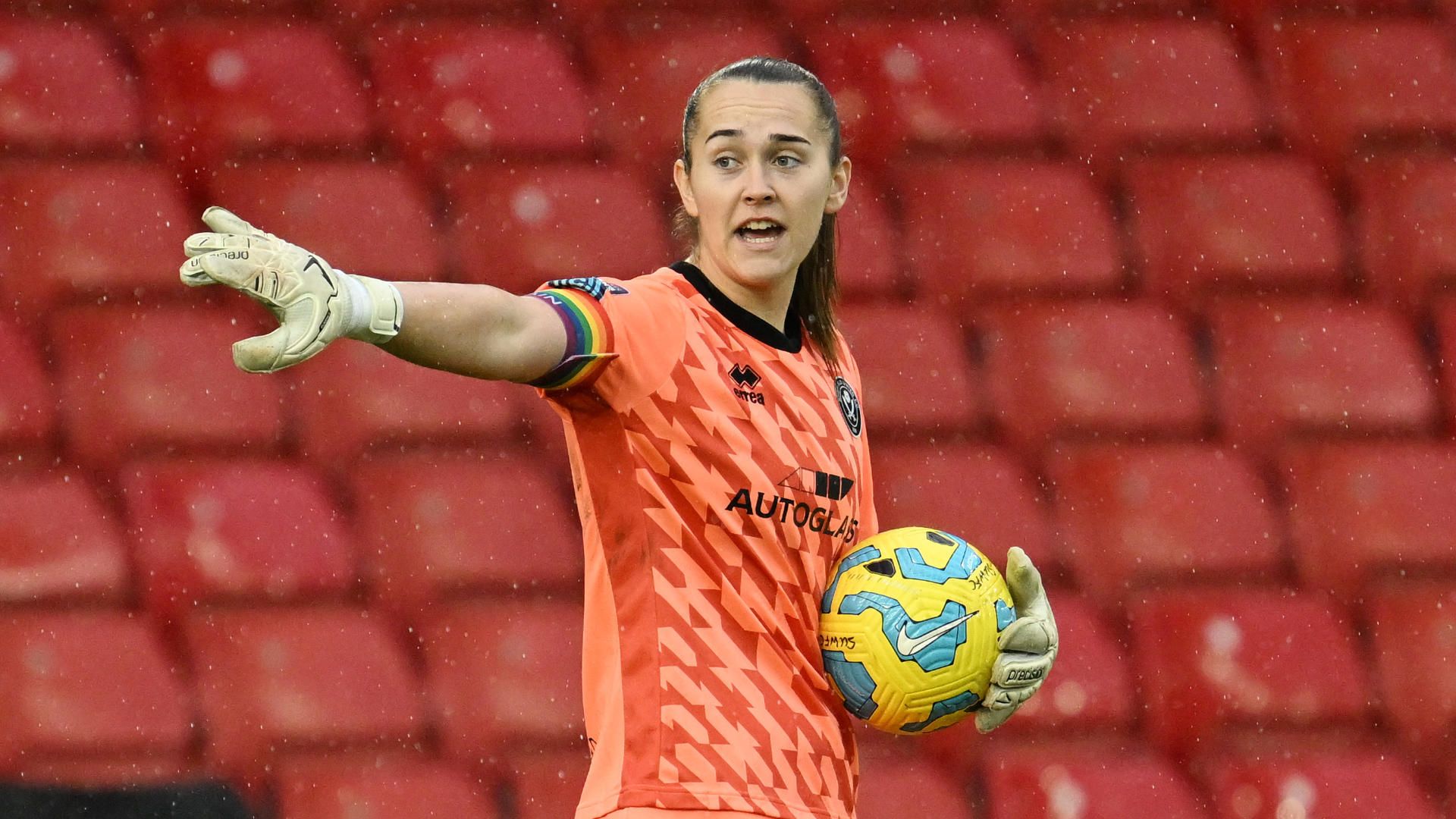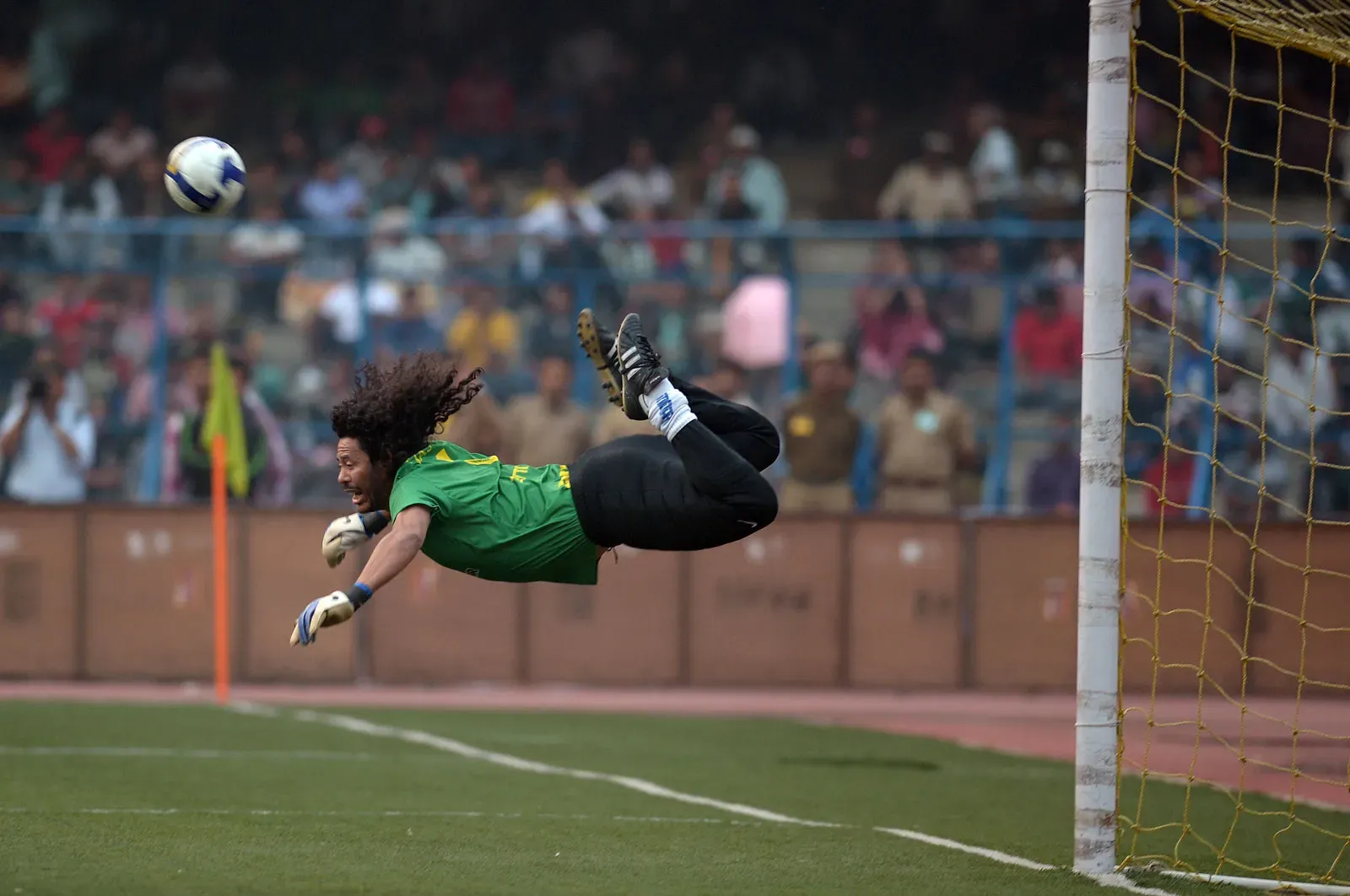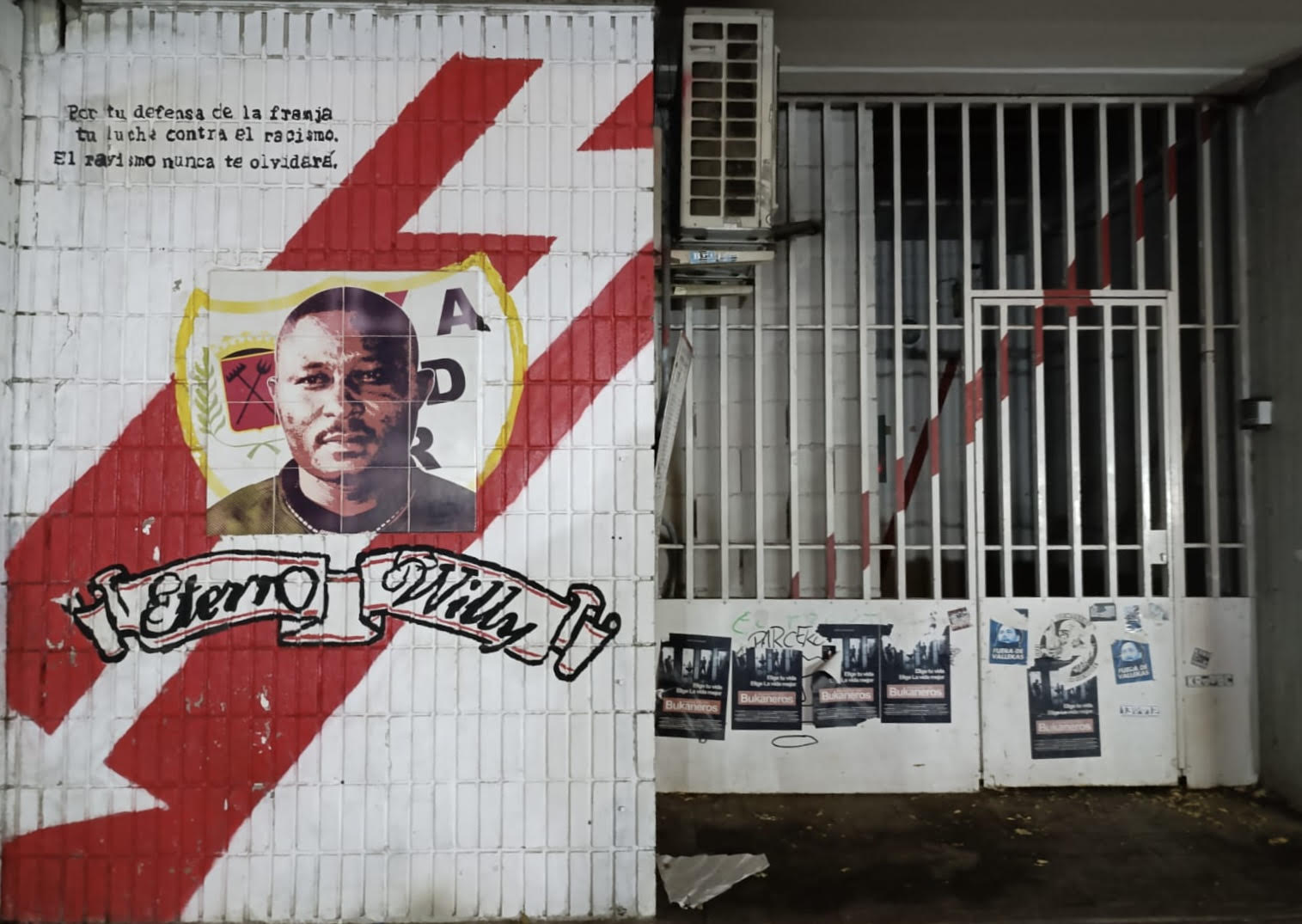The former Ajax and Croatian goalkeeper spoke to Goalkeeper.com about how several concussions led to an early retirement. He’s determined to inform and protect the players of the future.
As the business end of the football season approaches, goalkeepers try to walk that high wire that wobbles with big saves, honest mistakes, and the courage to ‘put your head where it hurts’. Given the recent spate of goalkeeping concussions, that battle cry sounds like a gladiatorial relic from the Dark Ages.
At the end of April, Oliver Baumann’s head met with Carney Chukwuemeka’s knee as the Dortmund midfielder sprinted towards goal. Just seconds later, the ball was in the back of the net as Baumann stumbled around the area in a daze at the end of the match. While Dortmund celebrated keeping their Champions League qualification hopes alive, the Hoffenheim number one was diagnosed with concussion after a clinical hospital examination.
“We goalkeepers in particular find ourselves in situations in our position in which we move towards the ball with our hands and head first, and the opponent can hit us with his feet with potentially serious consequences,” Baumann said later. His club was enraged that play hadn’t been stopped.
This situation is eerily similar to a story that Joey Didulica tells me. The former Croatian goalkeeper won league titles with Ajax, Austria Vienna and AZ Alkmaar, but retired from the game at the age of 33 in 2011. He simply couldn’t absorb yet another knock to the head.
“I was playing for Austria Vienna in a derby against Rapid, and right near the end, the striker gives me an upper cut to the head with his knee. There’s a free-kick soon after and the ball sailed over my bar. It would have gone in if it had been on target. I was gone. Even at the end of the game, I went down the wrong direction in the tunnel.”
Dudulica reckons he suffered from over 20 concussive incidents during his football career. However, he is also very straight about the permanent stain that the beautiful game has left on his health.
“I am a positive person by nature, but as the evening goes on the brain fog gets worse. I constantly get headaches. Words don’t come out like I want them, so I have to manage situations with people.” His retirement was the result of multiple cumulative incidents, but the 47-year-old remembers the exact moment that delivered the knockout blow. It didn’t even involve physical contact from the opposition.
“I was hit in the face by a ball when playing for AZ against PSV in 2006. That changed my life. Even today, the balls are travelling at ridiculous speeds. When you look at that incident, you see me unconscious (for over an hour). They put me on a stretcher without a neck brace, so my head was wobbling for a start.”
A doctor sent him home and he didn’t even recognise his own family, suffering severe nausea and nerve issues in the aftermath.
The Australian-born goalkeeper wants to bring the whole process and impact of concussion to the fore, shining a light on the damage that is being done to players here and now and when they walk off the field for the final time. He accepts that football is a game of physical risk, but that there must be a better way to assess and stop the play.
“Now we have devices to measure impact on the brain, so this new information will bring to light the future issues goalkeepers (and players) can have and explain things like early cognitive decline, head pain, anxiety, depression and more.”
The current protocols have recently received more mainstream coverage after the high-profile incidents with Baumann, Heidenheim’s Kevin Muller, who was also knocked unconscious, and Liverpool’s Alisson following his clash on international duty with Brazil. Arne Slot said that the club was following the FA protocol to the letter and “if you haven’t ticked all the boxes, he can’t be in goal.” Those boxes include a seven-stage process of increasing activity and cognitive load, with medical assessment and symptom testing rigorously followed.
Dudulica is adamant that there are still gaps in the current process. “Our leading expert in concussion and CTE here in Melbourne, Professor Alan Pearce, is convinced that there are still signs that the brain is not healed after the minimum 21 days before a return to action.”
FIFA protocols state that players presenting with one or more symptoms to the head, face, neck or body should leave the pitch immediately and be assessed by a doctor. Anyone who has “suffered a (suspected) concussion should be observed for 72 hours by the team doctor.” The organisation has implemented a “suspect and protect” campaign in alliance with the World Health Organisation.
In July last year, football’s lawmakers, IFAB, implemented the permanent concussion substitution protocol across the game, meaning a player who is showing signs of a potential concussion can be replaced by an additional sub. However, the decision on whether or not a player is suspected of having a concussion would still need to be made on the pitch.
Critics say it puts pressure on medics to judge a situation within minutes, potentially exacerbating a traumatic brain injury. Organisations like the Premier League, brain charity Headway, and FIFPRO argue that temporary concussion subs provide the right time and space to assess a player away from the action.
“If you get a secondary hit after the first one, then it can be something very serious. FIFA and football need to take this seriously. There has to be more funding,” says Didulica, who started out with North Geelong Warriors in 1995. “There has to be a time and place to assess concussion, and not in a stadium full of 50,000 people.”
When Loris Karius was elbowed by Sergio Ramos in the 2018 Champions League final, it went under the radar far more than the defender’s robust arm wrestle with Mo Salah. Five days later, the German checked in for tests at a Boston hospital. Residual concussive symptoms were found which would have caused “visual spatial dysfunction” during and after the match.
Karius has moved on and Didulica is typically positive about the past, despite everything. “I had a career. I earned a great living from the game.” One of those great moments came just over twenty years ago when he made his international debut for Croatia against Macedonia in 2004. He knew all about the rivalry because the two communities were prominent back in Geelong.
“We won 1-0 against them in Skopje, so I never lost to them.” It is useful to have some local bragging rights.
Didulica is also adamant that football in Australia is losing some great athletes to the AFL. He compares Australia to America, where the areas are so vast that academies can be hours away to travel for promising youngsters. It may be a while before the next Zeljko Kalac or Mark Schwarzer is unearthed.
Ultimately, the former Melbourne Knights stopper says football is not as severe as the AFL or the NFL in terms of impact, but that there will be court cases everywhere soon. “It’s not normal for the head to be used as a tool or for a goalkeeper to stop the ball with it. Wearing a helmet for protection isn’t going to stop a trauma either.”
Football has just seen two magnificent performances from Yann Sommer and Gianluigi Donnarumma, who took a horrific boot to the face in a game against Monaco last December.
“Imagine if one of those guys got a head knock before the match. The pressure on the doctors to make a judgement and the reaction it would receive. There are image rights and all of that. It’s football. It’s a business. It happened to me when I was at Alkmaar. I couldn’t handle light but there was pressure to play to win the league.”
“I look after myself and engage with family and friends and I love teaching the kids at the college where I work. However, that incident changed everything”.
What Didulica really wants is education. That includes his students who may be the professional game’s most precious assets later down the line.
“Football is soon forgotten. There’s still the rest of your life.” It’s a tough road for Joey Didulica, but he is determined to give back rather than concede defeat.









